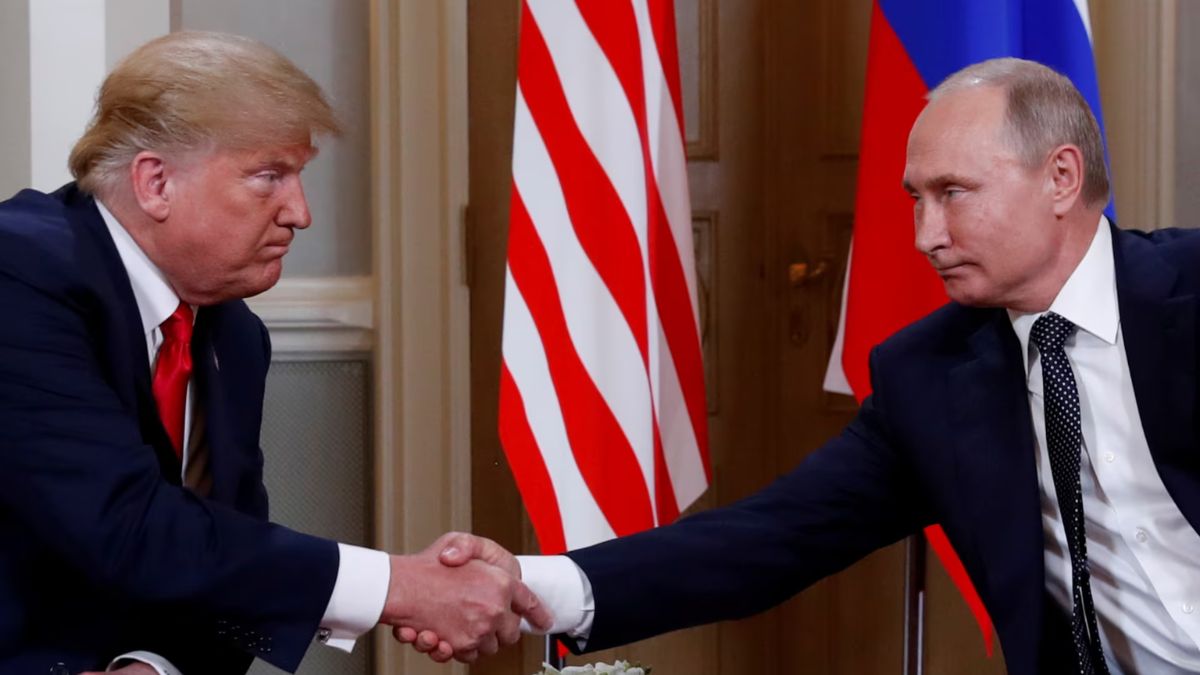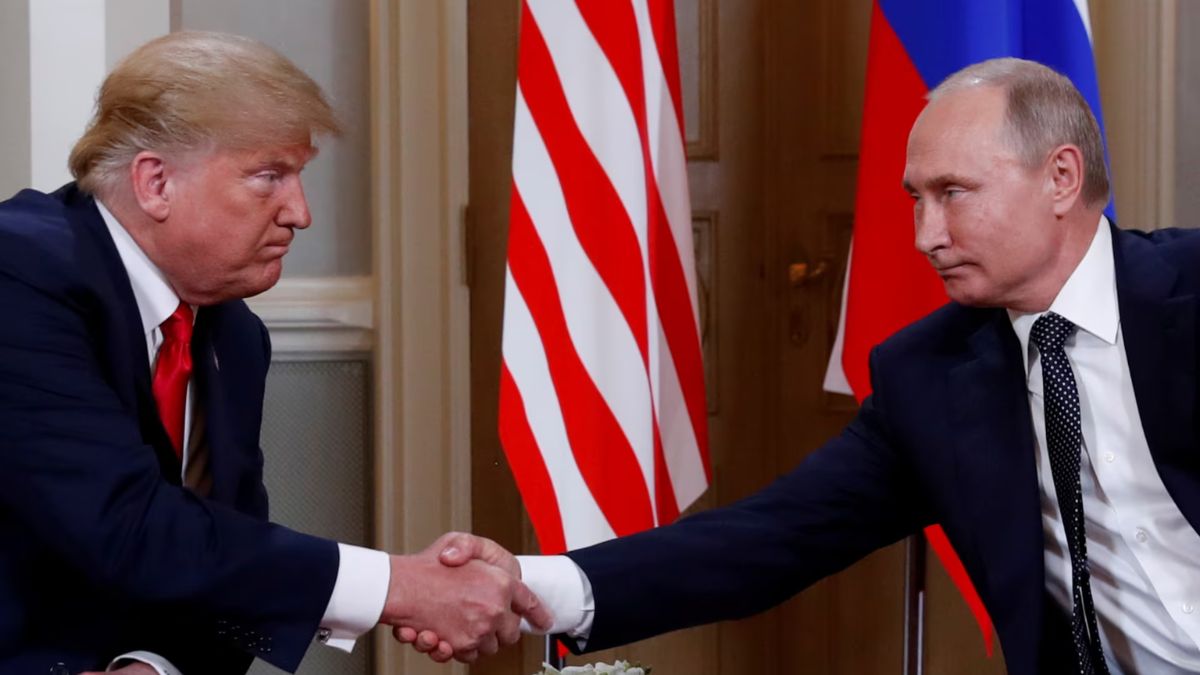North Korean apples have begun to appear on supermarket shelves in Russia as growing commercial and military ties between Moscow and Pyongyang take on new significance.
One year after Vladimir Putin and Kim Jong Un signed a strategic partnership at a ceremony in Pyongyang, the two authoritarian states are rapidly expanding co-operation that goes well beyond the battlefield in Ukraine.
Trade and business links have proliferated over the past twelve months. North Korean fishing vessels have surged into waters off Russia’s far east coast, and companies from the reclusive regime are registering trademarks for products as varied as jam, beer, accordions and sausages.
North Korea’s presence is growing in the Russian marketplace, and a raft of new infrastructure projects and workforce deployments suggests the partnership is being built to endure.
A $100mn bridge is under construction over the Tumen river to improve cross-border road access. A dormant 10,000km rail link between Moscow and Pyongyang may also be revived. Russian theatre groups have performed in the North Korean capital, while athletes and university officials have travelled between the two countries in growing numbers.
Last week, Russian foreign minister Sergei Lavrov met Kim on his yacht near the beach resort of Wonsan. Kim pledged “unconditionally support” for Russia’s aims in Ukraine. Lavrov responded by saying Russia “respects and understands” North Korea’s pursuit of a nuclear weapons programme.
Impact Shorts
View AllFinancial Times quoted Andrei Lankov, a North Korea expert at Kookmin University in Seoul, as saying that the two sides have become more open about their collaboration. “Having previously downplayed the extent of their military co-operation, the two countries now want the world to know that their relationship is being built to last.”
Soldiers for roubles
As well as economic integration, the most significant support from Pyongyang to Moscow has come in the form of weapons and soldiers. South Korean intelligence reported that since October, North Korea has sent 12 million artillery shells to Russia and deployed an estimated 13,000 troops to the Kursk region.
The deployments are thought to have suffered heavy losses, but Russian officials have publicly praised the contribution. Sergei Shoigu, head of Russia’s Security Council, lauded the North Koreans for defending Russia “as if it was their own motherland”.
Shoigu has since announced that a further 6,000 North Koreans will be sent to Russia, including 5,000 military construction workers. Lankov believes this could be a “trial run” to assess North Korea’s potential to meet Russia’s labour needs and allow more domestic troops to be redirected to the war in Ukraine.
Peter Ward, a research fellow at the Sejong Institute, said the cash and in-kind payments from Moscow could significantly revive North Korea’s stagnating mining and agricultural sectors. “Even modest investments in rural infrastructure could bring real benefits for swaths of the North Korean population,” he said.
But Ward added a note of caution. “While some of it will be spent on improving conditions for some of its own people, in reality a lot of it is likely to be wasted on prestige projects like skyscrapers in Pyongyang and other privileges for the elite.”
Growing mutual leverage
While Russia may gain labour and weapons, the benefits to North Korea are not purely economic. Victor Cha, Korea chair at the Center for Strategic and International Studies in Washington, said that access to Russian funding and technology would likely accelerate the North’s weapons programme. Ward noted that even after the war in Ukraine ends, the alliance would give both countries “greater capacity to resist western diplomatic pressure”.
Trump-era diplomacy may be ill-suited to this new alignment. In March, Donald Trump signalled a desire to re-engage with Kim, calling North Korea a “big nuclear nation” and the North Korean leader a “very smart guy”. But Cha believes the calculus has changed.
“Trump should not imagine that his bonhomie will somehow sour Kim on a lucrative relationship with Russia, or convince the North Korean leader to cede the tremendous leverage he now enjoys."


)
)
)
)
)
)
)
)
)



